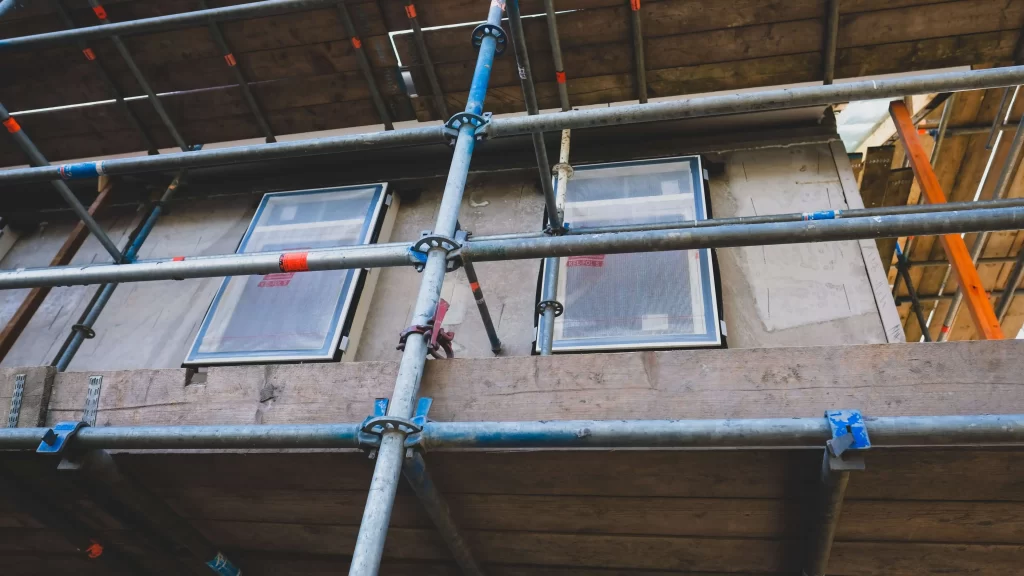Responsible community associations will recognize their fiduciary responsibility to ensure a community’s reserve fund will be adequate for future capital expenses. Doing regular HOA reserve studies is a good way to ensure this. You can use HOA reserve studies to understand, clarify, and update the reserve fund. While most community association covenants require a reserve fund, many association leaders can be overwhelmed by what a reserve study entails.
Find out what a reserve study is, and how to do a successful one.

What are HOA reserve studies?
A reserve study is an in-depth evaluation of a property’s physical components and an analysis of its reserve funds. Based on a thorough on-site inspection, a custom reserve study details anticipated replacements or repairs to common-area elements and recommends annual reserve funding to cover capital expenditures for the next 30 years.
While each community may differ in amenities and other site components, a checklist for an on-site inspection will likely include the following: common area elements like parking lots, roads (for gated communities), fencing, retention ponds, and landscaping; and amenities like swimming pools, tennis courts, clubhouses, and playgrounds. The evaluation of the community’s physical components will address the age of facilities, useful life, and replacement costs. A well-done completed reserve study in a community association should show costs in terms of the current economy and take into consideration the fact that older items require more maintenance. An accurate reserve study will also factor in inflation and be updated every 3–5 years.
3 common misconceptions about HOA reserve studies
- Putting off a reserve study and the project will save you money. This is the most common mistake HOAs make, the more that you delay, the more you will spend on the project. This is because the problems just grow, and so does the amount that homeowners will have to pay.
- HOA reserve studies don’t need to be updated. Your reserve study is the most comprehensive study of the HOA’s amenities and the clearest understanding of the largest expenses. Your homeowners also deserve a clear understanding of possible dues increases.
- Thinking that the community can’t afford adequate reserve funds. Reserve contributions are relatively low for most HOAs and Condos across the US. If they’re lower than the board thinks they should be, they can try to increase them via a vote. If they lose the vote, then it’s important to remember that some contributions are better than nothing.
What are the steps to completing a reserve study?
- Hire an expert. A professional engineering firm will provide the most reliable reserve study. While the cost for an expert can be expensive, it pales in comparison to the cost of not having a viable reserve fund.
- Know construction dates. During the reserve study, many questions will be presented to association leaders. Having a firm grasp of original installation and construction dates, as well as projected useful life will go a long way in easing this process.
- Do your homework. While most managers understand the importance of researching experts before hiring them, some associations might think that the reserve study process can simply be handed off once the expert is hired. You should follow the process, and seek your replacement estimates for comparison.
- Update every 3-5 years. An annual review of the study is recommended, but at least every 3 to 5 years, a professional should be consulted to identify missing components, changes in life span, or shifts in prices.
Wrapping up HOA reserve studies
HOA reserve studies should be one of the most thorough and current documents a community association maintains. They need to be done regularly and thoroughly for your HOA reserve funds to stay healthy, and for understanding of expenses to be clear for everyone.




0 Responses